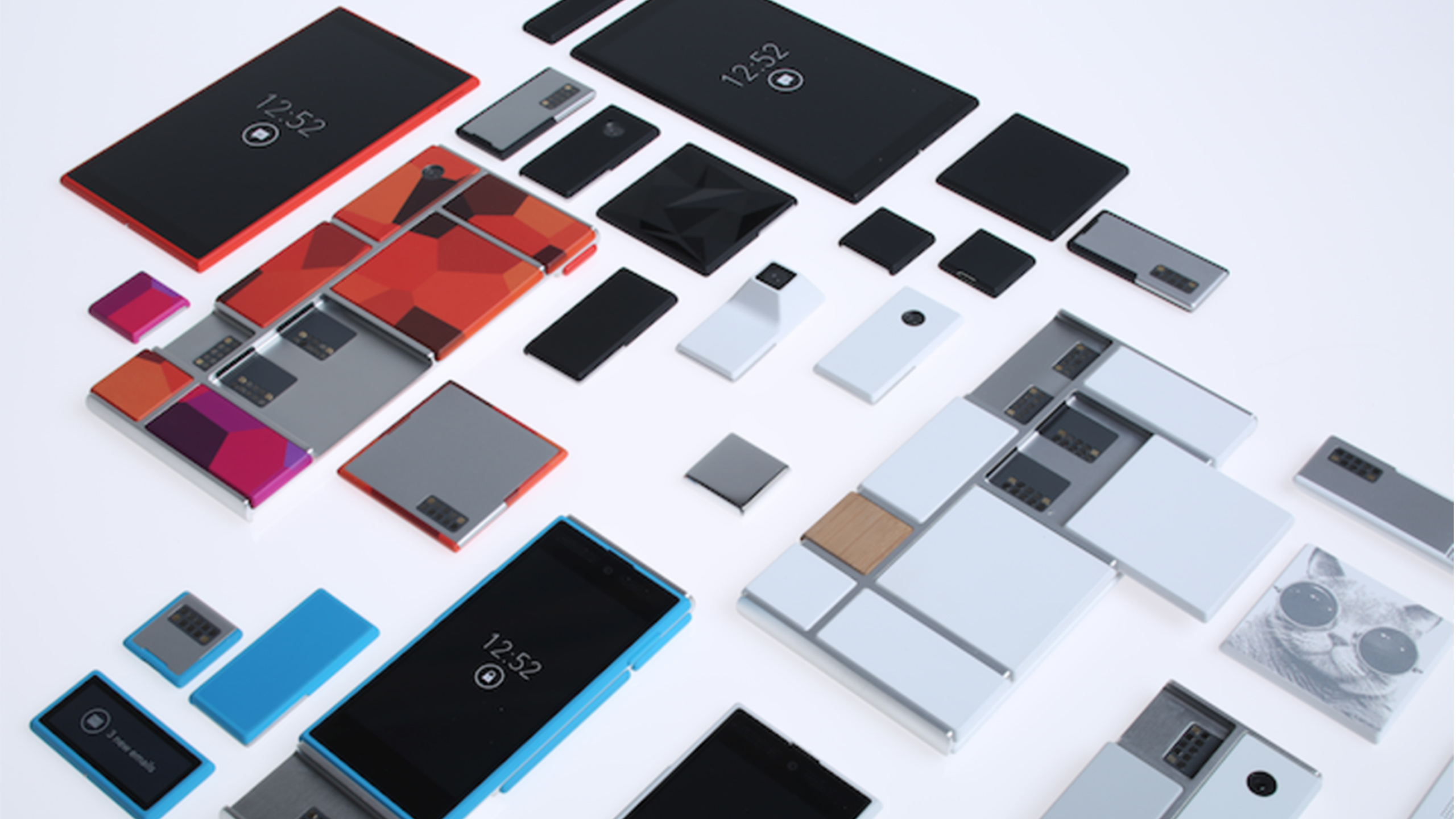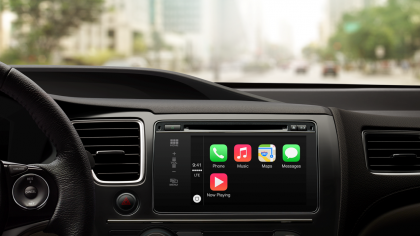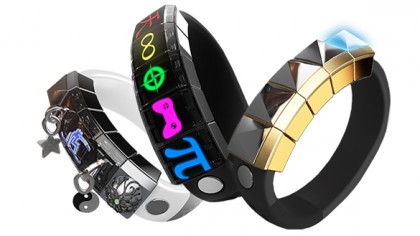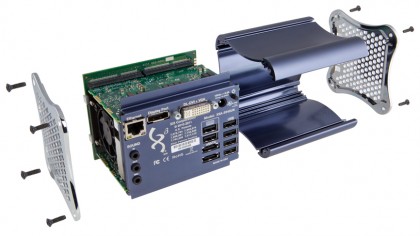Ara, schmara: five bits of tech that need the Transformer treatment next
The tech we want to play with like it's Lego

Technology means we can personalise our world like never before. Apps, accessories and customization options mean that no two smartphones are alike. Intelligent algorithms scan our social feeds to show us what they think matters most. Entertainment comes to us filtered through recommendation engines.
Even hardware's getting in on the act. Google's Project Ara takes a Lego approach to phone design, enabling you to create a truly unique device. Razer's Project Christine brings modular design to gaming PCs. And camera systems such as Samsung's NX Mini bring SLR-style swappable lenses to compact sized cameras.
That got us thinking. What else would be better in bits?
1. Smart TVs
In the olden days, TVs were dumb panels - but now they come packing the kind of processors and specifications you'd expect to see on a PC spec sheet. That's a potential problem, because we tend to hang onto our TVs for much longer than we do computers or mobile devices: it isn't unusual for people to keep their TVs for nine years or more.
That's an eternity in tech terms, especially if firms' priorities change: for example this week Samsung shuttered its app store for Smart TVs. It's better, surely, to keep the screen and the smart bit separate, as we do with Apple TVs and Google Chromecasts: swapping out a £30 Chromecast when tech changes is much less painful than replacing an entire LED TV. Wouldn't it be great if TV manfuacturers took that into account?
In-car entertainment

In-car tech is another area where the relatively dumb bit - in this case, the car - goes on for years and years: fancy using ten-year-old maps or a phone interface that was obsolete before your phone was born? That's what you'll start seeing in the second-hand car market as today's car tech gets old.
Apple's CarPlay and Google's Open Automotive Alliance hope to make motoring more modular: the brains will be in your phone, not behind the dashboard, and the use of a fixed standard means you should be able to use your iPhone 11 or Galaxy S12 with vehicles old and new - assuming that Apple and Google can resist the urge to change everything for no good reason.
Get daily insight, inspiration and deals in your inbox
Sign up for breaking news, reviews, opinion, top tech deals, and more.
3. Smart watches

The prospect of wearables and their various sensors is quite exciting, but of course everyone's different: the things you might want to monitor might not be the things we want to keep an eye on.
There are two ways to do this: you could try to cram every conceivable sensor into a single device, or you could have something more like a charm bracelet where you choose the particular bits you want to use. It isn't as far-fetched as it sounds: Mighty Cast's NEX Band is an early example of a customisable notification band.
4. Games consoles

Today's consoles take a one size fits all approach - so Minecraft players get the same hefty horsepower as Titanfall players, everyone who buys an Xbox One gets Kinect whether they want it or not, and when it's time for more powerful hardware everybody is urged to buy a new console.
Wouldn't a more modular approach work? Think a much cheaper Piston or easily upgradeable Steam Machines delivering the expandability of PCs with the simplicity of consoles.
5. People
Never mind the iWatch: how about metal eyelashes that you can use to control drones, or false nails that enable you to DJ in the bath? That's what Katia Vega has been working on, with projects including conductive make-up and RFID nails.
Wearables are just part of the modular human picture. Fancy some tech that lives inside you, and not in a rude way? While the full Deus Ex experience is probably some way off, cyborgs already walk among us. For example, cochlear implants have transformed the hearing of thousands of people and there have been incredible developments in optical implants - aka bionic eyes - and in prosthetic limbs.
Exoskeleton technology is moving apace too: the winner of the 2013 Dyson award, the Titan Arm, has cut the cost of strength-enhancing body mods from over $100,00 to below $2,000. A full suit is expect to cost less than $10,000 - a lot of money, yes, but loose change compared to the cost of other exoskeleton tech.
Writer, broadcaster, musician and kitchen gadget obsessive Carrie Marshall has been writing about tech since 1998, contributing sage advice and odd opinions to all kinds of magazines and websites as well as writing more than a dozen books. Her memoir, Carrie Kills A Man, is on sale now and her next book, about pop music, is out in 2025. She is the singer in Glaswegian rock band Unquiet Mind.
